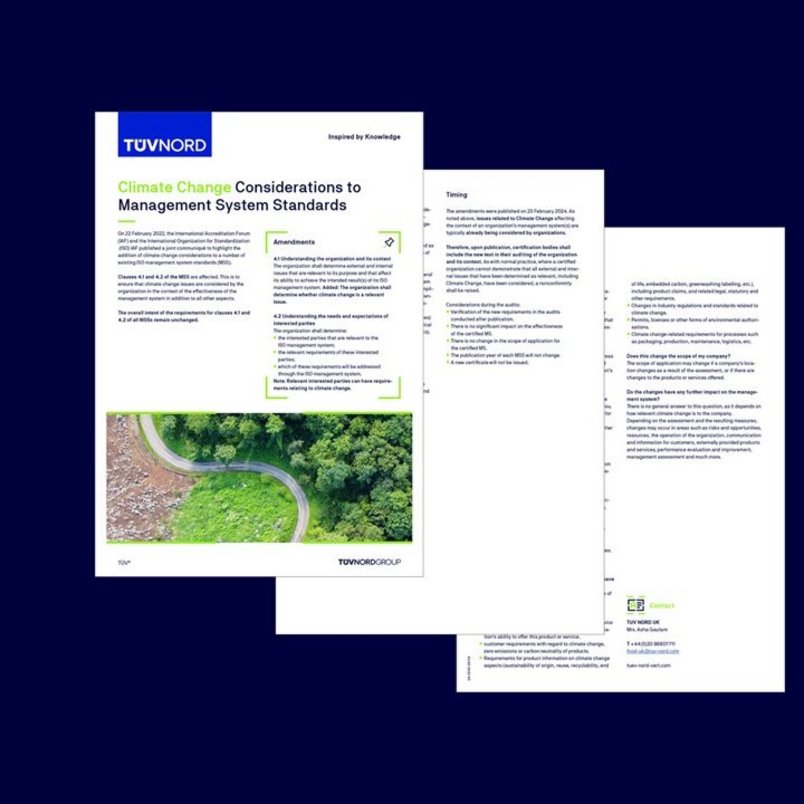In particular, the requirements for food safety and quality culture (all categories of the food chain) are defined in more detail. Enterprises are obliged to set, implement and maintain food safety and quality culture objectives.
These objectives must be related to the following elements:
- Communication
- Training
- Employee feedback and participation
- Performance measurement of defined activities
- Food safety and quality culture plan, including objectives and timelines
Quality control requirements (all categories of the food chain) are specified below:
- Establishment, implementation and maintenance of quality policies and quality objectives
- Establish, implement and maintain quality parameters
- Analysing and evaluating the results of quality control parameters
- Include these quality elements in internal audits
- Establishing and implementing quantity control procedures
- Establishment and implementation of line commissioning and changeover procedures
Equipment management (all categories of the food chain, except FII) requirements
- Documentation of equipment purchase specifications
- Risk based equipment change management procedures
- Evidence of successful commissioning
Food Loss and Waste (all categories of the food chain except I) Requirements
- Documented policy and objectives for food loss and waste reduction strategies
- Controls to manage product donations
- Manage surplus produce/products used as animal feed/food
- Not compromising food safety
Communication requirements (all categories of the food chain) are included in Version 6:
- Organisations must notify their Certification Body within 3 working days of a Serious Incident or Situation occurring
- Take appropriate measures as part of their emergency preparedness and response
- Serious events include war, strikes, terrorism, crime, floods, earthquakes, etc.
- Serious situations include public food safety incidents, regulatory actions, legal proceedings, and fraudulent activities and corruption.
